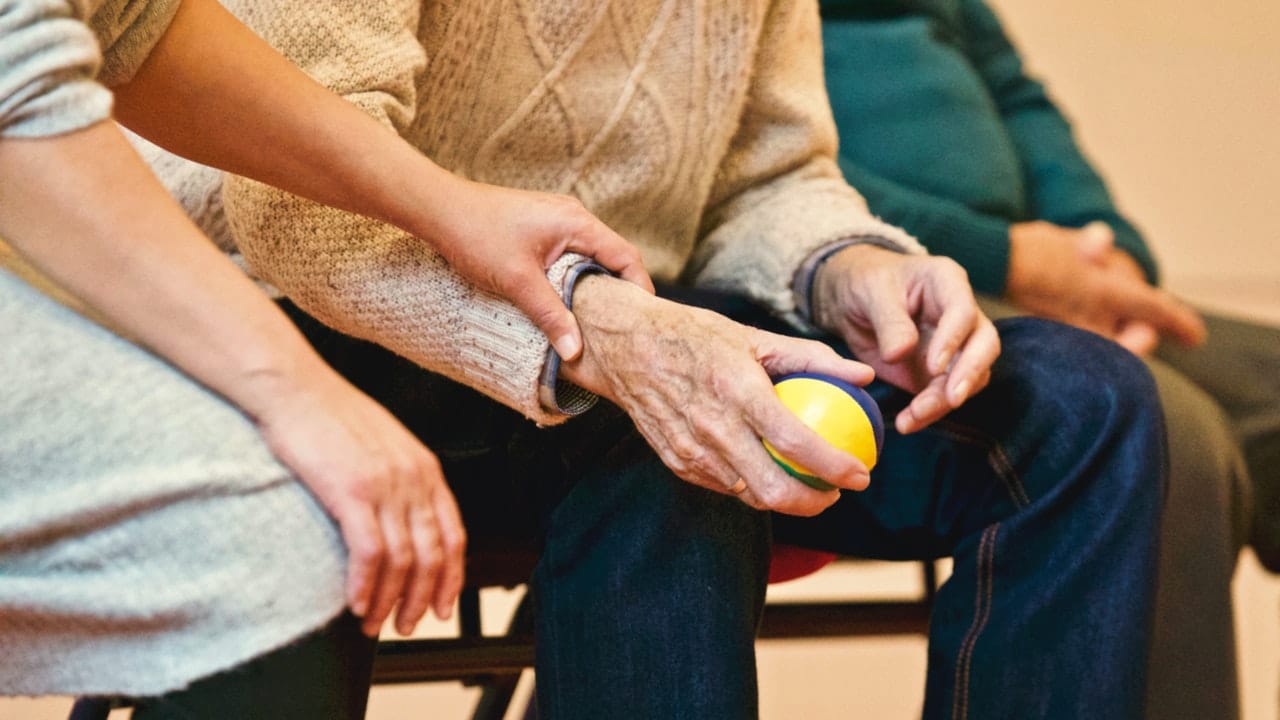Family care payments: Guidance for attorneys acting under a property & financial affairs LPA
The 2021 Census found that there are just under 6 million unpaid carers in the UK, providing varied levels of care to their family members. Research commissioned by Carers UK found that 1.2 million of those carers live in poverty. A payment to a carer for the care provided may therefore substantially ease the carer’s own financial situation to enable them to continue to care for their loved ones. Such payment is often referred to as a family care payment.

A family care payment is usually justified where the care is provided by a family member out of their natural love and affection, on informal basis with no contractual relations.
When the person lacks mental capacity
When the person who requires care lacks mental capacity, Attorneys acting under a duly registered Property & Financial Affairs Lasting Power of Attorney (LPA) who wish to set up family care payments must be aware that they are likely to have to seek the Court’s authority to set up such payments, unless there is an express authority in relation to the family care payments noted in the LPA document.

Factors the Court will consider
In deciding an application made by an Attorney in connection with family care payment, the Court will consider not only if the family care payments are in the best interests of the person who is receiving care but will also consider other factors such as if (this is not a conclusive list):
- The care will meet that person’s needs and be of a good standard. It is usually recommended that Attorneys seek a care assessment from social services to understand what level of care is required;
- The payments are affordable; and
- The payments properly reflect the actual input of care provided by the carer.
Calculating and justifying payments
Family care payments are usually calculated by taking the commercial cost of care and reducing it by 20%. This is because these payments should represent a saving on the cost of professional care. Very often a carer gives up a well-paid job to care for a family member and asks the Attorney to set up family care payments to meet the level of income they have given up. It is important for the Attorneys to note that these payments are not intended to replace the carer’s salary. As such, when making an application for the Court to approve family care payments, the Attorney should ensure that the payments requested are sustainable and reasonable.

Ongoing review of payments
If the Court approves an application for the family care payments, it is recommended that an Attorney keeps payments under a regular review, to ensure that such payments are still affordable and suitable. Some circumstances may require the Attorney to make changes or to stop the payments, for example if the person who receives care becomes entitled to continuing health care funding or if there are changes in carer’s circumstances.
Office of the Public Guardian (OPG) guidance
The Office of the Public Guardian (OPG) has issued a guidance in March 2025 which sets out the OPG’s position on care payments to family members who are providing care for someone who lacks mental capacity. Although, the guidance applies to Deputies appointed by the Court of Protection, Attorneys acting under a Power of Attorney may find it helpful to consider it.

If the person still has capacity
If the person who receives care still has the required mental capacity and wishes to set up family care payments, we would strongly recommend that this is arranged without delay. In this situation, no Court application is likely to be needed and a simpler agreement can be set up to ensure that the family care payments can be paid.
How can Ellis Jones help?
If you need advice in connection with the family care payments or require assistance with the Court application, please get in touch with our Court of Protection experts on 01202 525333. We will be happy to help.
How can Ellis Jones help?
If you would like help or advice regarding from one of our specialists, please do not hesitate to contact us on 01202 525333.
Get in touch














